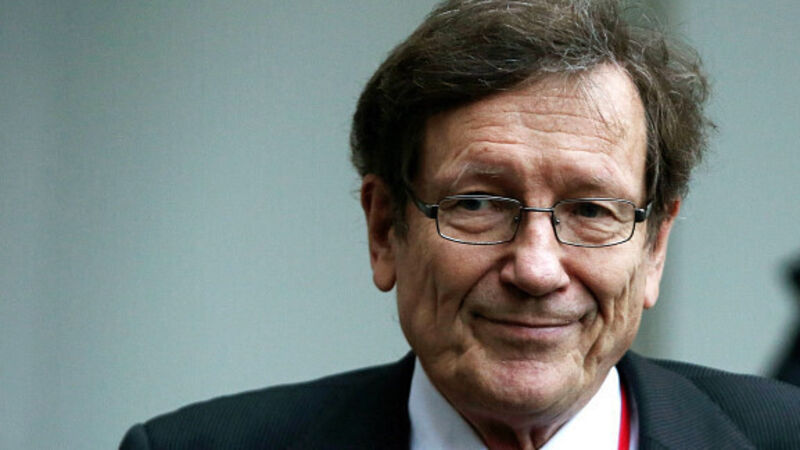Nyberg kicks up some uncomfortable truths at banking inquiry

The great excavation has begun.
At 9.30am yesterday, 11 parliamentarians, good and true, donned their hard hats, took possession of shovels and got to work, digging up the decaying carcass of the Celtic Tiger.
















